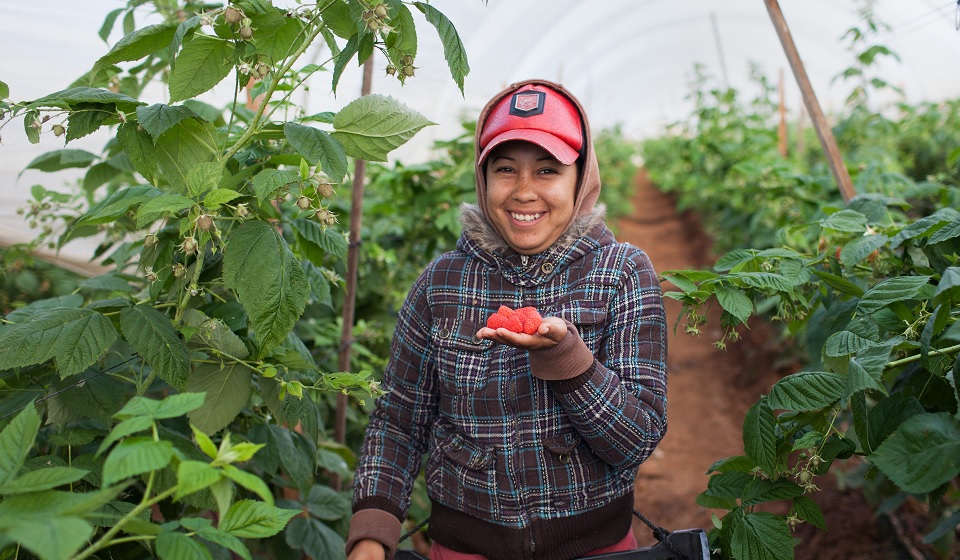Driscoll's to include more growers in Fair Trade berry program

California-based multinational Driscoll's has announced it will be expanding its Fair Trade-certified berry program to include more independent growers in its Mexican berry program.
The company's fair trade program in the Mexican state of Baja California was introduced in January this year in parternship with Fair Trade USA, involving 11 farms and providing training and resources to more than 3,500 workers.
In a release, Driscoll's said the program has so far raised US$200,000 in funds to benefit communities across Baja California so far this year through sales of Fair Trade-certified organic strawberries and raspberries in select Costco and Whole Foods locations.
The expansion will now include organic and conventional strawberries, raspberries, blueberries and blackberries.
The group emphasized the fact Fair Trade certification meant additional funds were generated every time a consumer buys berries with the label, and 100% of the community funds were directed back to the farmworkers and communities that grew the fruit.
Driscoll’s also invested significant funds into the program in an effort to kick-start the continued growth.
“Driscoll’s is tremendously proud of the impact our program in partnership with Fair Trade USA has had on the communities across Baja California,”Driscoll's of the Americas executive vice president Soren Bjorn said in the release.
"Initiatives like this benefit everyone—from local workers and their families, to our growers and the folks buying our berries. This program expansion represents our ongoing commitment to the communities where we live and operate.
Driscoll's said the Fair Trade USA standards complemented its existing independent and comprehensive global worker welfare standards which were introduced in 2015.
Driscoll’s worker welfare standards represent criteria that apply where local laws do not exist, are not consistently enforced, or provide inefficient worker protection.
The company said it took this commitment to worker welfare seriously and continually audits its many independent growers in order to ensure its standards are being upheld.
The Fair Trade certification process introduces a democratic system in which Fair Trade Committees made up of local farmworkers are elected to represent their communities and determine how funds raised through the premium will be invested.
Through a combination of survey results and focus groups, the Fair Trade Committee identified three potential areas where projects would be most beneficial: health, education and/or housing.
As part of best practices and to create understanding of the program’s full potential, the Fair Trade Committee also recently visited other Fair Trade USA farms within Mexico. As a result of the planned expansion, the committee plans to make further investments within these three key areas.
"The most inspiring part of this work with Driscoll's has been to see the enthusiasm and engagement from the workers in Baja," said Fair Trade USA director of produce and floral, Hannah Freeman.
"Through the Fair Trade Premium fund, and the democratic decision making process that comes with it, workers are creating solutions to their own needs."
Additionally, a more formalized Labor Committee was created through the Fair Trade organic program to increase communication between the employees and farm management.









































